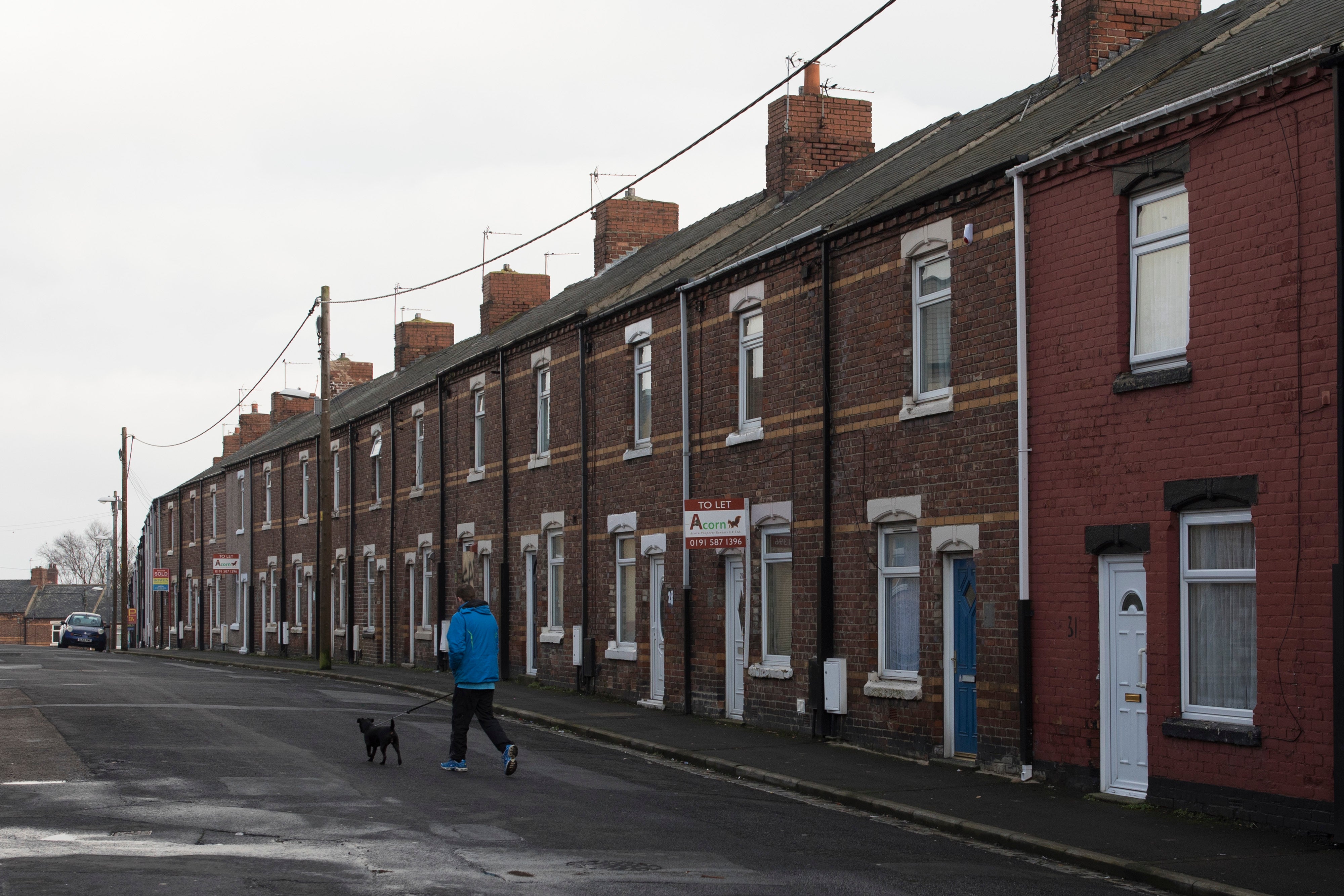Regional divides widening as Britain gets ‘sicker and poorer’, report finds
More than £30,000 a year separates the average person in the northeast from their London counterpart, according to data reviewed by the Institute for Public Policy research
Regional inequality is growing in Britain as the whole country gets “sicker and poorer”, research has found.
Widespread ill health is shrinking the workforce and cutting productivity across the UK but a new report makes the case that the suffering is not distributed evenly; striking a blow at the government’s levelling up agenda.
Data reviewed by the the Institute for Public Policy (IPPR) shows sickness is twice as likely to force people out of work in northeast England, Wales and Northern Ireland as in London and the southeast.
A record high of 2.5 million working-age people were found to out of work because of their health, with the UK average of 6.1 per cent rising as high as 10.8 per cent in Northern Ireland and 8.9 per cent in Wales.
Northeast and northwest England, Yorkshire, the East Midlands and Scotland also had higher than average figures.
Healthy life expectancy was lower than average in all of these areas, as was productivity per person.
The northeast fared worst in both measures, with the average person enjoying 6.4 fewer years of good health in a lifetime than they would in the southeast and just £20,364 in annual productivity compared with £52,239 in London.
Covid-19 was found to have made regional inequality worse, with everywhere outside southern England having relatively more long-Covid cases than the UK average.
Chris Thomas, head of the Commission on Health and Prosperity at IPPR, said: “The evidence is ever clearer: a fairer country is a healthier country, and a healthier country is a more prosperous country. Yet, we are getting sicker and poorer as a country – with deepening health inequalities undermining national prosperity, particularly in the north and the devolved nations.
“If the government truly wants to level up the country, it needs to do far more to make better health a keystone of the UK’s economic recovery. Better health is the best and clearest route to better lives, fairer economics, and greater prosperity for us all.”

The IPPR health and prosperity report is due to be published on Wednesday. It follows a report from the British Medical Association which found people were getting sicker across Britain due to deep spending cuts.
Reducing health inequality is one of the government’s 12 missions for levelling up Britain, as laid out in a white paper unveiled by Michael Gove, the levelling up secretary, in February.
The mission statement said the gap in healthy life expectancy between the healthiest local areas and their opposites will have narrowed by 2030, with a 2035 goal to raise healthy life expectancy by five years.
Asked about the IPPR report findings, a government spokesperson said: “We have prioritised health and social care in the autumn statement with a further £8bn, on top of previous record funding, to ensure people can access high-quality care as soon as possible.
“We are supporting people with the cost of living crisis with £1,200 of support for the most vulnerable households and have provided more than £3.4bn this year to local authorities in England to tackle issues including alcohol use, obesity and smoking.”
Join our commenting forum
Join thought-provoking conversations, follow other Independent readers and see their replies
Comments


Bookmark popover
Removed from bookmarks